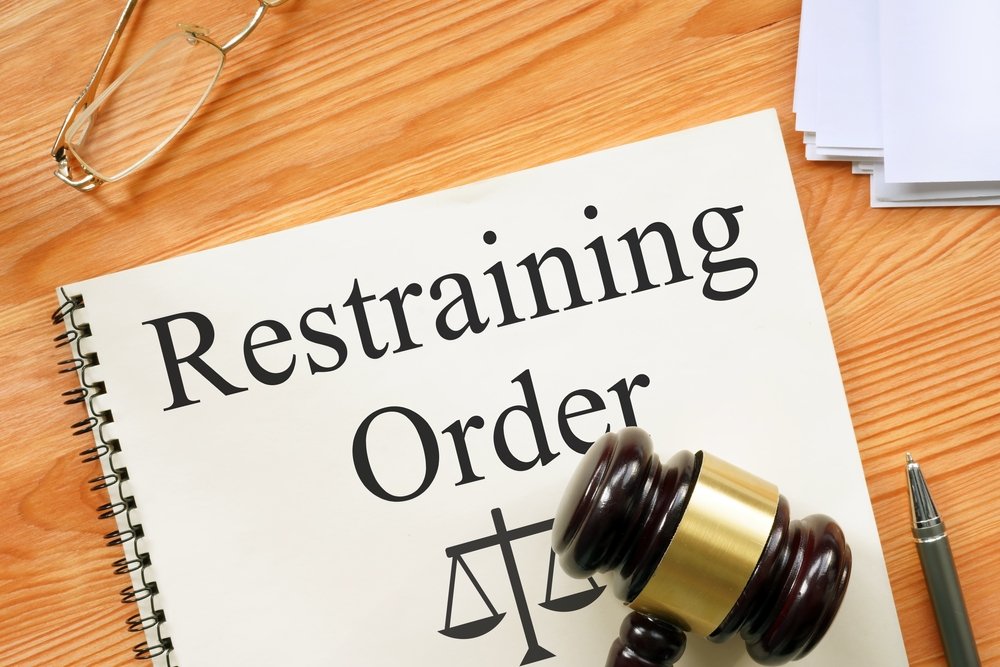
Domestic Violence Restraining Orders
Temporary Restraining Order (DVRO or TRO)
TROs are frequently used in domestic violence cases. A civil restraining order is a temporary order that is only valid for 15-21 days. The victim can request to extend the order so that it is permanent, which lasts for up to five years. The victim will have to attend a court hearing if they want the temporary order to become permanent.
Criminal Protective Order (CPO)
The type of restraining order used to protect victims and/or witnesses of a crime is referred to as a criminal protective order. A CPO is granted through the district attorney’s office. The person a criminal protective order has been issued against must not have any contact with the victim. At its longest duration, these orders can last up to 10 years.
Civil Harassment Restraining Order (CHO)
If you feel that someone in your life continues to repeatedly contact you when you have expressed not wanting them to, you can use a civil order to stop the harassment. A CHO can be used against anyone that is stalking or harassing you, and may need to be restrained from further actions.
Emergency Protective Order (EPO)
An EPO is a type of restraining order that is utilized mostly by law enforcement, and protects people from imminent harm threats. Emergency protective orders are temporary and last for five days. They are commonly used in domestic violence cases or other criminal cases.
Personal Injury and Assault
As someone who may be considering filing a restraining order, or already has, you may have suffered physical harm at the hands of an offender. Not only can you request a protection order, but you can file a civil lawsuit against the person who hurt you for compensation for your injuries and other ways you have been affected. Some victims of domestic violence or harassment cases will get help from a law firm, similar to Cohen & Cohen, to seek restitution for the abuse they endured.
A restraining order for domestic violence can offer protection to those in need of safety. After submitting your request, a judge will decide if temporary or permanent protection should be granted. And if you wish to, you can also file a lawsuit against the offending party for the harm they have caused you. Domestic violence situations must always be taken seriously and there are legal means to ensure the safety of yourself and those around you. Thankfully, there are options available to victims and legal recourse to hold the offending violator accountable.



